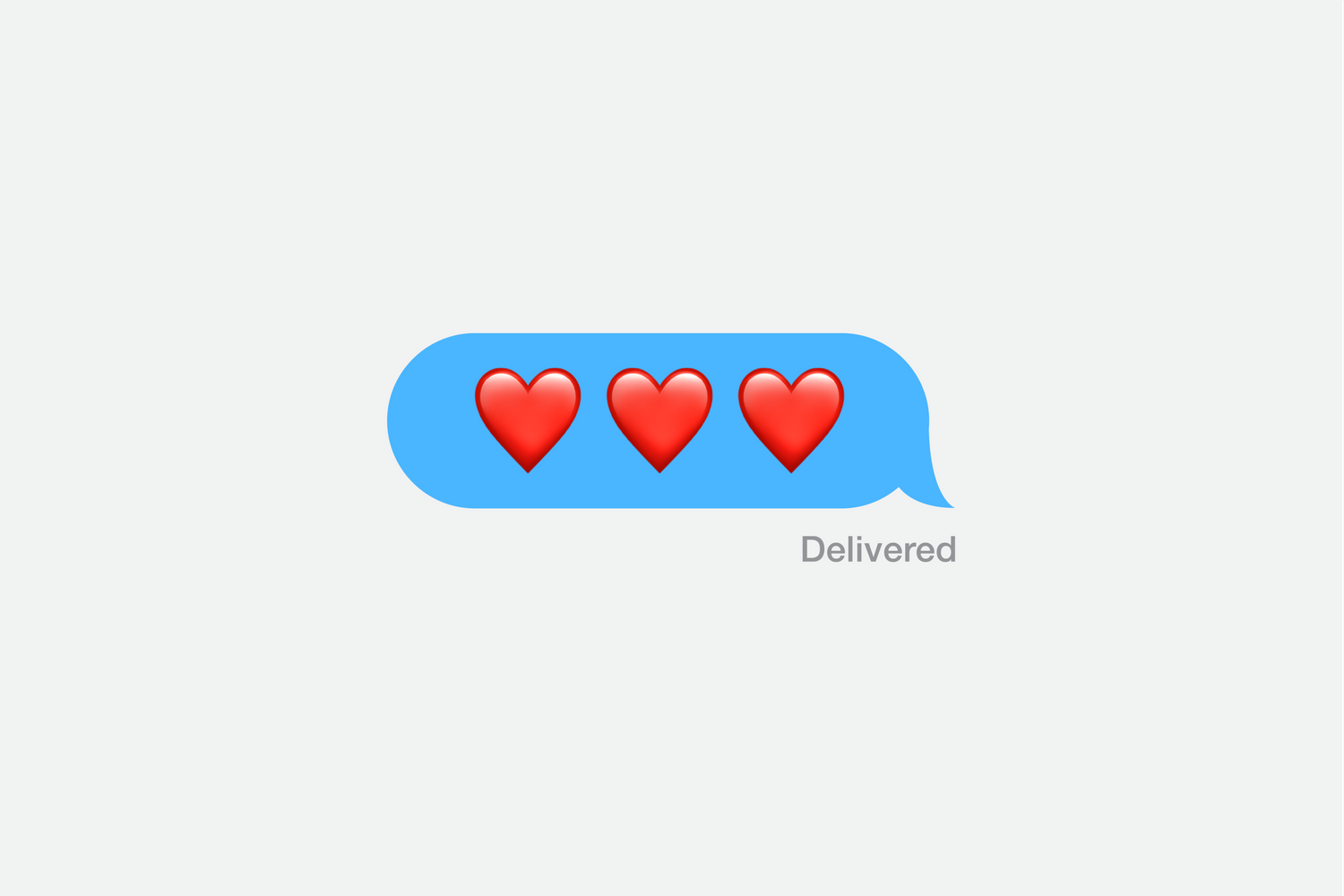It’s rare that someone will question your love for your own children, but 10 years ago my friend Brandon did just that — and it changed the way I view my relationship with my daughters — now ages 15 and 16 — forever.

At the time, the last of Brandon’s three children was heading off to college. We were ambling along Lake Michigan on a warm, breezy day when I allowed the conversation to veer off from the subject seemingly always on my mind — business — to a subject closer to my heart: our children. As a still-new father, I gushed about my two daughters, whose infectious laughter, often off-beat ideas and kindness renewed my love for them every day.
But for Brandon, this wasn’t enough. “Yes, you love them, but do you believe in them?” he asked, questioning not so much my love for my children, but the depth and strength of my feelings for them. Spoken by a man who was a veteran parent.
Of course I believed in them. I had every confidence in their future success and happiness. “It goes without saying,” I told Brandon, and then paused. It goes without saying. Can anything in our increasingly noisy, distracted, attention-deficient, technology-saturated world go without saying?
So I decided it was time to not let my belief in my children “go without saying.” That night, I spoke up. Instead of saying “I love you” as I tucked my daughters into bed, I looked straight into their eyes and repeated something equally powerful: “I believe in you.” The words hung almost like a question mark, a deviation from routine that left the room silent, almost stunned. No more words — just a kiss before leaving the room. And the lingering new concept: belief.
The next night, I returned to the predicted routine, saying, “I love you.” And each of them gave me a hint of a confused look. I decided that I would say “I believe in you” every once in a while, not every night.
I called Brandon the next day, eager to share how moved I was when I told my children my belief in them. And he responded by giving me another gift. He told me that the day after our walk, my excitement about the concept of belief led him to his own experiment. As the CEO of a large company, he held endless meetings with his management team, hearing their strategies, challenging their tactics and providing the decisive direction for next steps. He told me that he ended a meeting that day with his senior managers in a radical way, replacing the usual “Thanks, folks” conclusion. Instead, he invoked belief, stating, “I want to tell you all something — I believe in you.” He let the words float over the room. Meeting over, impact only starting.
Why is belief so impactful? Belief in someone does not only convey trust, and love, and a common set of values. Belief is a gift that says to them that we not only trust they are doing the best they can at this very moment, but also that we lovingly anticipate the best from them in the future. While love talks about today, belief incorporates tomorrow.
And it is true that belief cannot go without saying. Not more than a week after my first experiment, my youngest daughter Casey stunned me with a simple request: “Daddy, will you tell me ‘you believe in me’ tonight?” I couldn’t help but tear up as I told her, “Casey, not only will I tell you tonight, but I’ll keep telling you as you grow up, so that you know that no matter what, your daddy believes in you for exactly who you are.”
“I believe in you” has become part of our family mythology. My daughters are teenagers now, and they tease me for telling them something so “cheesy” (their word) in its sincerity. But it’s the sincerity inherent in the concept of belief that makes it so powerful. Belief conveys the confidence I have in my daughters and in the choices they will make. And I trust that one choice they will make is to repeat “I believe in you” to their own children. I believe this concept of belief has the power to give future generations of our family the little extra confidence needed to push them to succeed beyond their self-defined limits.
Our world would be a better place if we used the words “love” and “belief” more interchangeably. Used in parallel, the two words convey acceptance for who you are, and trust and faith in who you will become. At any age, the human condition leaves us all wanting to be better, happier and more fulfilled. A dose of belief from those we love might be just the elixir we need.